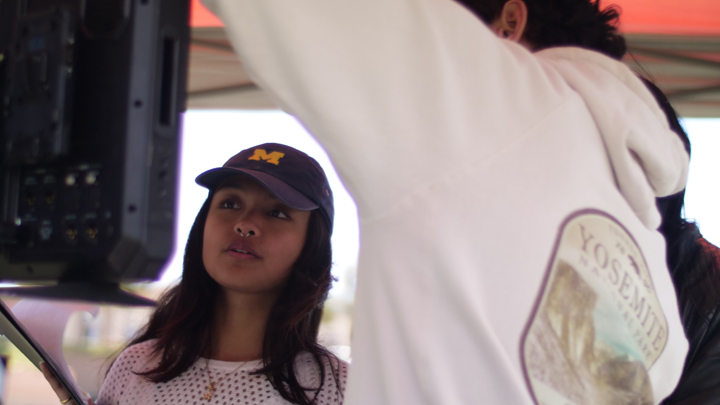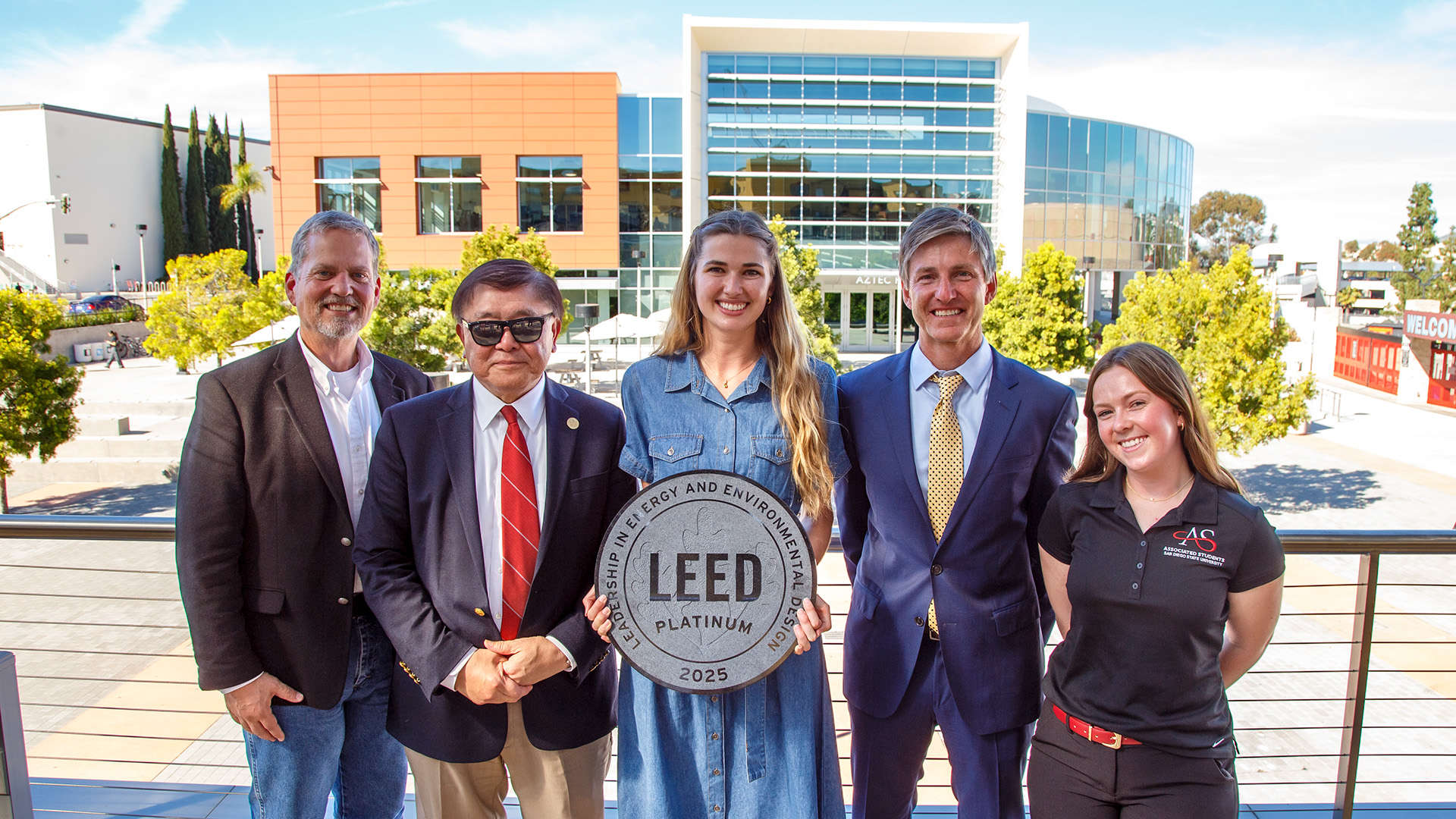SDSU filmmakers empower Asian narratives in cinema
Redefining Asian representation both on camera and behind-the-scenes

At San Diego State University, young filmmakers are paving the way for Asian representation by using their passion for storytelling to amplify voices within their community.
For SDSU alumna Lexi Bautista Maxion, her Filipino roots were the backbone of her involvement on campus as a film production major and past diversity commissioner of Associated Students. Her roles demonstrate how she values diverse representation, not only for herself but for those who share her experiences.
Maxion said becoming a storyteller for her community originally came as a journalism major, where she was inspired to use her words to articulate her view of the world and learn from the people around her. But she found her true calling years later on a film production set, as a producer who could control the narrative of how her community was being represented on screen.
“I can't tell you how much I love coming-of-age stories, but growing up, all of my favorite ones that I could list off for you are by white cinematographers,” Maxion said. “If I were to see someone of my color, or with my shared experiences on screen, it would’ve made me feel like it was actually a story made for me. That's what I want to do for others, is to make stories for them about them.”
In her latest student film project “Dead Dogs Still Bark,” Maxion was a producer on a predominantly white, male production crew. Working to bring her vision to life on screen, she earned her the Best Producer award last semester at the SDSU Emerging Filmmakers Festival.
To third-year film production major Kaia Yamamoto, accurate representation comes from being accepted in this industry as a “filmmaker” first and an “Asian” filmmaker second. Growing up Japanese American, not only sparked his curiosity to unpack his family history through film, but also to create new stories that broke Asian characters out of stereotypical roles.
“A lot of acclaimed Asian films coming out have to do with Asian heritage and going deep into your own identity but you don’t have to tell those stories if you don’t want to,” Yamamoto said. “No matter what story you're telling, whether it's about your cultural identity or superheroes, at the end of the day, it’s your voice and technically, an Asian American story.”
Yamamoto has cultivated a community on campus for Asian creatives as president of the Asian Cinema Club, which hosts screenings that seek to celebrate Asian filmmakers and promote a space to share their cultural perspectives in short films.
In his mission to rewrite Asian representation in cinema, Yamamoto recruited fourth-year film production major Isabel Adamos to be club vice president.
In her recent passion project “Dissonance,” Adamos takes “a slice of family dramedy” to portray an eldest daughter’s struggles to meet family expectations after her younger sister lives out her dream of going to Julliard. As a producer, she has collaborated with her director to illustrate new perspectives like the dynamic between siblings or being a product of an immigrant household.
“I think I've improved a lot on showcasing and communicating culture in terms of having a very nuanced approach to it now,” Adamos said. “I look at films like ‘Everything, Everywhere’ where culture isn’t really in your face but you know that this is an Asian story. So instead of it being so loud, having it be a thing of showing audiences that my experiences can also be your own, just in a different way.”



